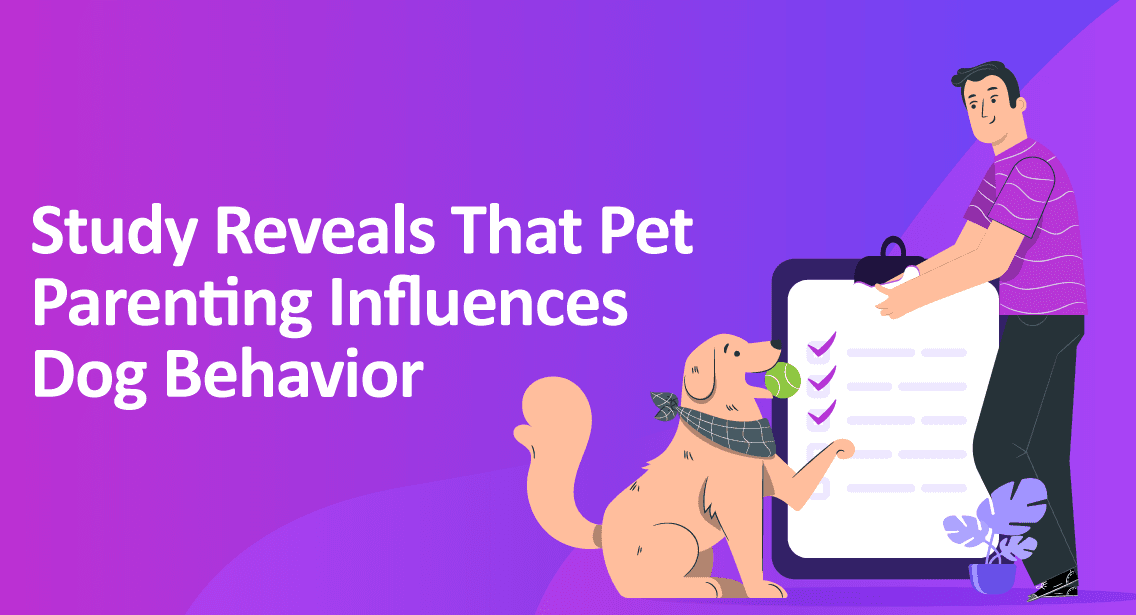Study Reveals That Pet Parenting Influences Dog Behavior
An Oregon State University study discovered that dogs are more social with owners who have high expectations and are highly responsive to their dog's behavior and needs. They are also more secure when away from their owners and are more persistent problem solvers.
Monique Udell, an associate professor at Oregon State and an expert on dog behavior, said "We found that pet parenting style does predict patterns of dog behavior and cognition." She added, "This an important finding because it suggests that dog owners who take the time to understand and meet their dog's needs are more likely to end up with secure, resilient dogs."
Dog behavior and cognition have piqued scientific interest in recent decades, with much research focusing on how dog behavior is influenced by the dog's home environment and prior experiences.
Lauren Brubaker, a paper co-author who earned her doctorate in 2019 while working in Udell's lab, says research on human-dog relationships parallels human psychology research in many ways.
According to Lauren Brubaker, a paper co-author, parenting behavior is critical to a child's development. It has been found to influence many aspects, including mental health, intellectual success, social cognition, attachment, and job performance.
Udell and Brubaker recruited 48 dog owners for the study and administered a pet parenting style survey to them. The dog owners were classified into three groups using survey data: authoritative (high expectations, high responsiveness), authoritarian (high expectations, low responsiveness), and permissive (low expectations, low responsiveness.)
The dogs were then taken to Udell's Human-Animal Interaction Lab and subjected to three behavioral tests.
The first test analyzed the dogs' attachment to their owners. First, the owner and the dog were in the same room, and the owner interacted with the dog whenever it approached. The owner then left the room and returned, reuniting with the dog.
The second experiment examined sociability by placing the owner and an unfamiliar person in the same room with the dog and observing their interactions.
The third test involved the dog attempting to retrieve a treat from a puzzle with varying levels of assistance from the owner.
The researchers findings were:
- Dogs with authoritative owners were more likely to have secure attachment styles, were highly responsive to social cues, preferred proximity to their owner over an unfamiliar person, and were more independently persistent in the puzzle task. Finally, only the dogs in this group could complete the puzzle task.
- Unlike dogs in the authoritative group, dogs with authoritarian owners were more likely to be insecurely attached to their primary caregiver. In the sociability test, these dogs also spent more time seeking the proximity of their owner than the unfamiliar person.
- Dogs with permissive owners followed the social cues of the stranger instead of their owner. The dogs spent comparable time close to their owners, whether their owners were attentive or not. In the human-neutral condition, these dogs were less persistent at solvable tasks.
Brubaker said, "This research shows that the pet dog-human caretaker bond may be functionally and emotionally similar to the bond between a human parent and their child."








